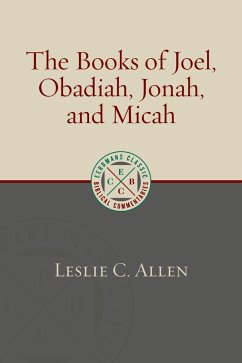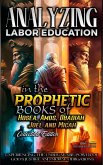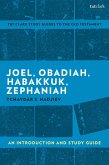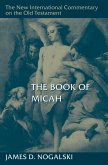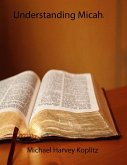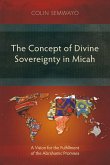The eloquent and uncompromising calls for social righteousness by the Minor Prophets are familiar to many, yet the writings themselves are probably the least-studied and least-known texts of the Old Testament. Those who are familiar with these books are also aware of the historical and literary problems that plague their study. Drawing on theological, historical, and literary insights, Leslie Allen's commentary on Joel, Obadiah, Jonah, and Micah carefully and imaginatively reconstructs the context in which the original Hebrew audience received the prophets' messages. In turn, Allen shows what relevance they hold for contemporary Christians. For each of the books, Allen includes a substantial introduction, presenting and assessing a broad range of scholarship, a select bibliography, and an extensive commentary on the author's own translation of the text. Allen pays special attention to Micah, in which he treats at greater length many of the forms and motifs that also appear in Joel, Obadiah, and Jonah. The introductory material for Joel includes discussions of canonicity and textual criticism that apply to the entire volume.
Bitte wählen Sie Ihr Anliegen aus.
Rechnungen
Retourenschein anfordern
Bestellstatus
Storno

